Read more about our guest speakers below (listed in alphabetical order):
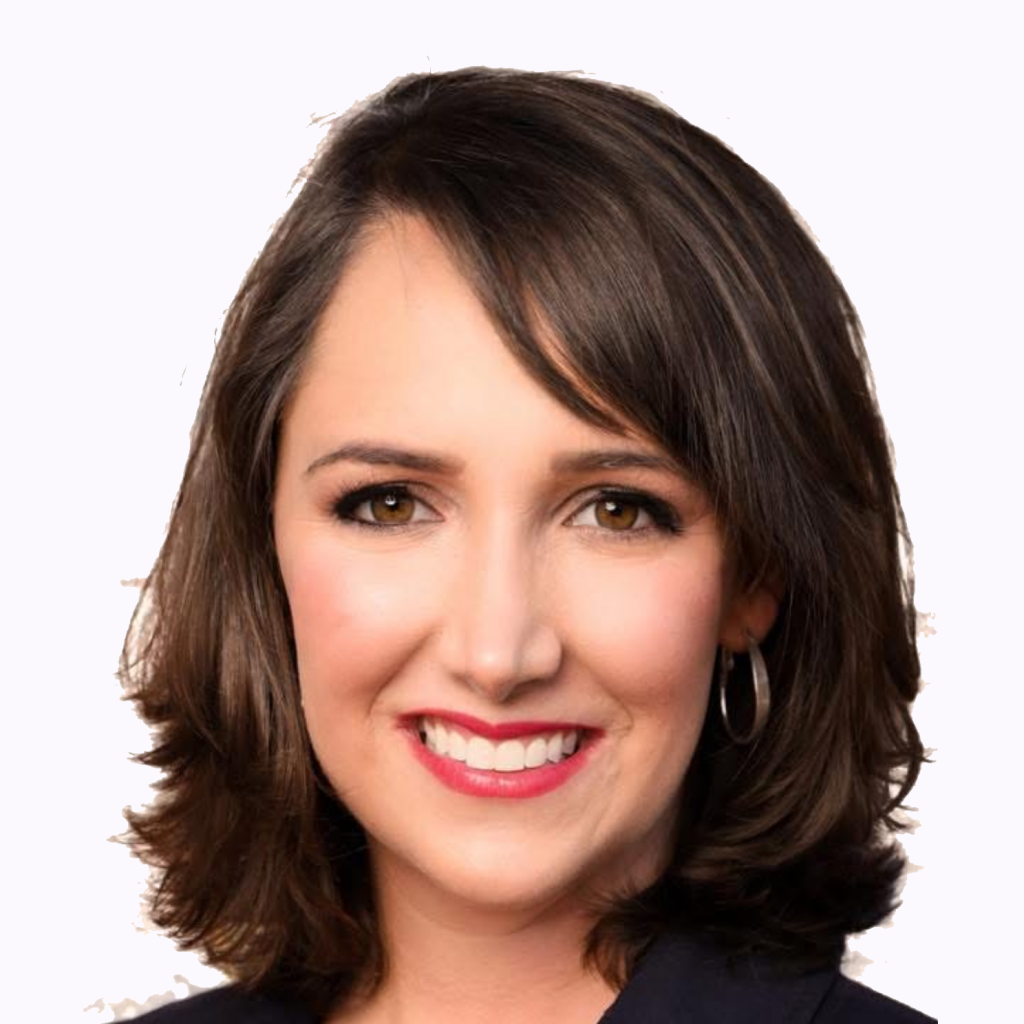
Adair Hawkins
Mayor of Carnation, WA, Snoqualmie Valley Mobility Coalition
Session: Keynote Address: Multi-solving in Transportation & Accessibility for Complete Streets. Carnation, WA
Bio:
Adair Hawkins is the Mayor of Carnation, Washington, where she is known for her dedication to fostering community engagement and sustainable growth. With a background in public service and a passion for environmental stewardship, Adair works tirelessly to ensure that Carnation maintains its small-town charm while addressing the needs of a growing population. Her leadership has focused on enhancing local infrastructure, supporting small businesses, and promoting environmental initiatives. Adair is also an advocate for collaboration between rural communities and urban areas to create innovative solutions for regional challenges. She is excited to bring her experience and insights to the OpenThePaths conference at the University of Washington, where she will contribute to discussions on sustainable development and inclusive community planning.
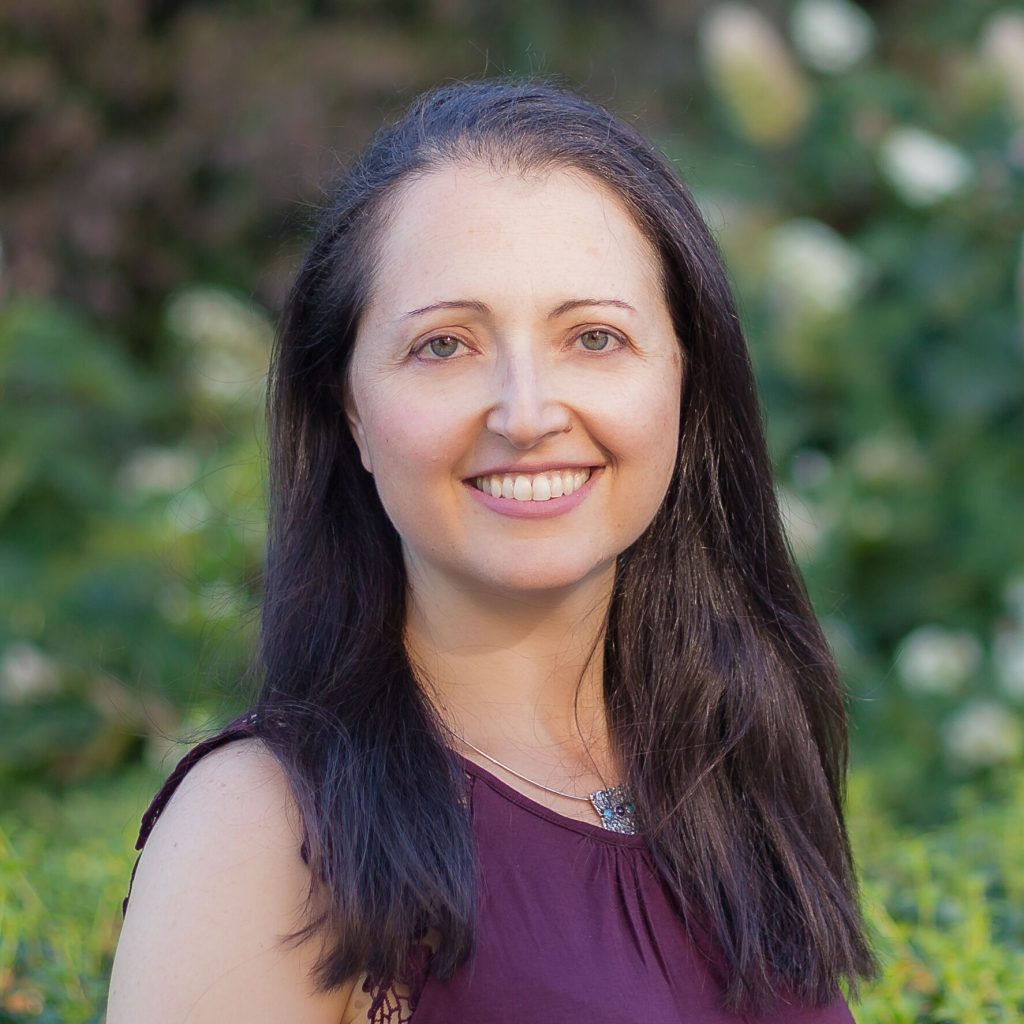
Anat Caspi
Director, Taskar Center for Accessible Technology
Sessions:
- A Collaborative, Data-Driven Approach to Barrier-Free Non-Motorized Transportation
- Multi-solving Transportation for All: A Collaborative, Data-Driven Approach
Bio:
r. Anat Caspi designs for the fullness of human experience, guided by the belief that designing technology for heterogeneous populations necessarily requires mixed practices of participatory design, qualitative and quantitative methods. Her research interests are in the areas of applied machine learning, ubiquitous computing and contextually aware robotic systems. She is the Director of the Taskar Center for Accessible Technology at the Paul G. Allen School for Computer Science & Engineering (located at the University of Washington). The Center’s mission is to develop, translate and deploy technologies with a focus on benefiting individuals with disabilities. TCAT has been developing open source universally accessible technologies in the areas of sensors & switches for contextually-aware, responsive environments, as well as transportation and mobility.
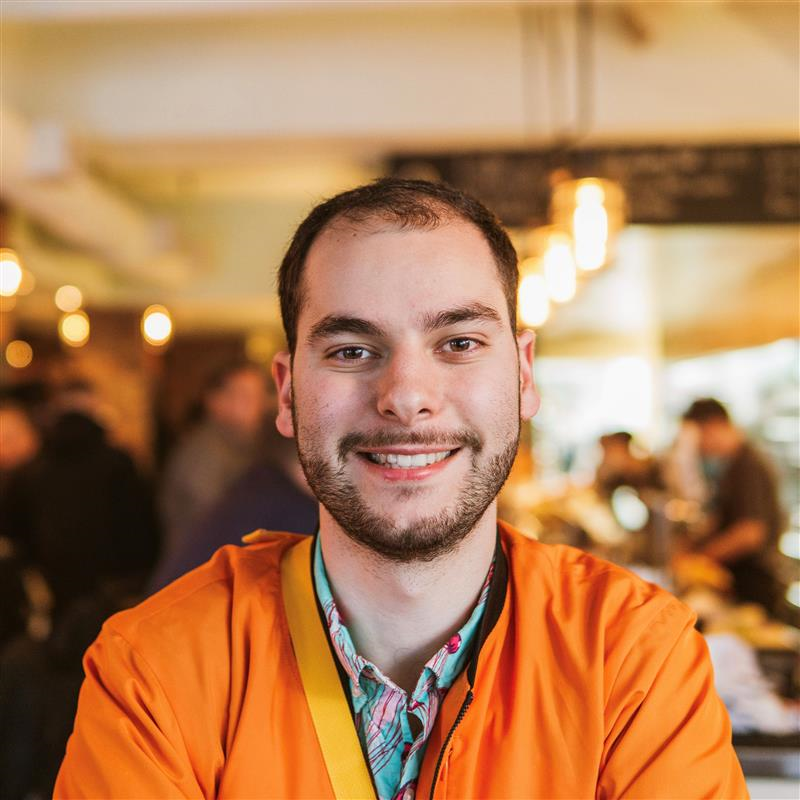
Armand Shahbazian, MPA
Electric and Automated Mobility Policy Advisor at Seattle Department of Transportation
Session: Keynote: Community-First Autonomy
Bio:
“Armand Shahbazian is the Electric and Automated Mobility Policy Advisor at the City of Seattle’s Department of Transportation (SDOT). He leads SDOT’s work in autonomous transportation including launching one of the first city permit programs for autonomous vehicle testing. Armand also coordinates SDOT’s transportation electrification efforts to achieve the 2030 goals set in Seattle’s Clean Transportation Electrification Blueprint. He is a career public servant and Washington resident, having worked in a variety of engineering roles at Seattle City Light and Tacoma Power prior to his current position. Armand holds a Master of Public Administration and a BS in Electrical Engineering, both from Seattle University.”
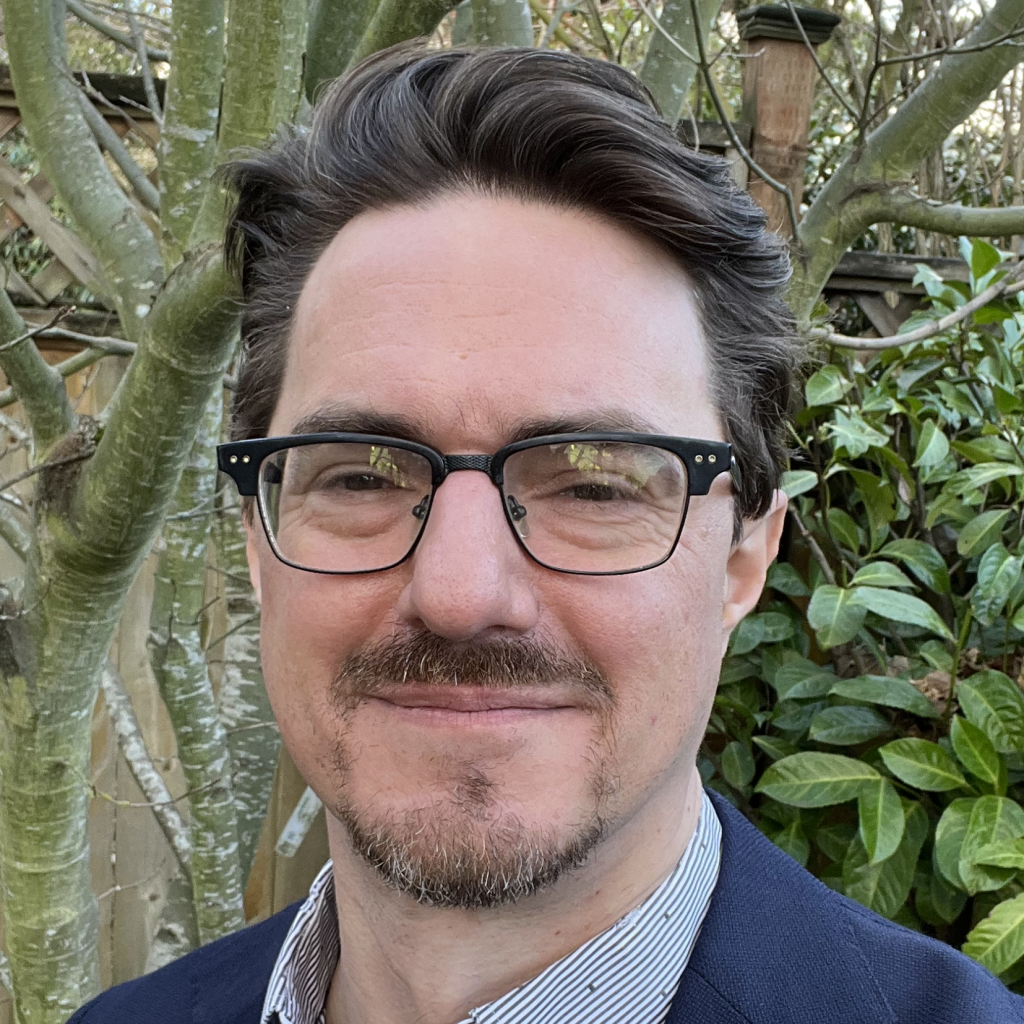
Bill Howe
Associate Professor in the Information School and Director of the Urbanalytics Lab, University of Washington
Session: Shaping the Future of Non-Motorized Mobility: How Transportation Data Tools Shape Discovery, Access, and Travel Experiences
Bio:
Bill Howe is Associate Professor in the Information School and Adjunct Associate Professor in the Allen School of Computer Science & Engineering and the Department of Electrical Engineering. His research interests are in data management, generative AI, and visualization, particularly as applied in science and the public sector. He is currently Co-Founding Director of the Center for Responsibility in AI Systems & Experiences (RAISE), where he studies mitigation of epistemic risks of generative AI. As Founding Associate Director of the UW eScience Institute, Dr. Howe played a leadership role in the Moore-Sloan Data Science Environment program through a $32.8 million grant awarded jointly to UW, NYU, and UC Berkeley, and founded UW’s Data Science for Social Good Program. He founded the UW Data Science Masters Degree, serving as its inaugural Program Chair, and created a first MOOC on data science that attracted over 200,000 students. His research has been featured in the Economist and Nature News, and he has authored award-winning papers in conferences across data management, machine learning, and visualization. He has a Ph.D. in Computer Science from Portland State University and a Bachelor’s degree in Industrial & Systems Engineering from Georgia Tech.
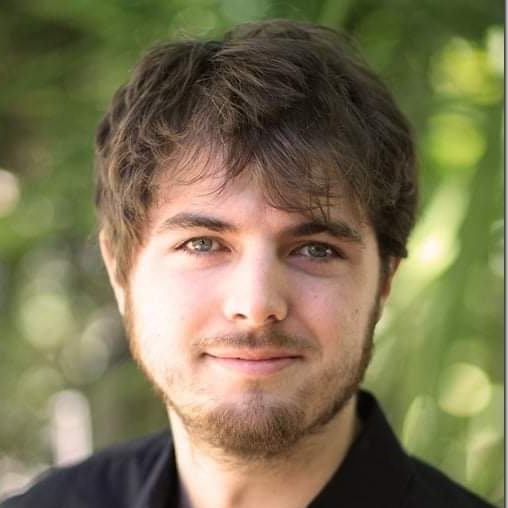
Brandon Biggs
CEO and Co-Founder, XR Navigation
Session: Designing Inclusive Travel Tools: From Community Insights to Accessible UX
Bio:
Brandon Biggs is an entrepreneur, researcher, inclusive designer, developer, and life-long learner. He is the CEO of XR Navigation, an Engineer at the Smith-Kettlewell Eye Research Institute, Co-Founder and board treasurer at Sonja Biggs Educational Services Inc., and a PhD candidate at the Georgia institute of Technology. In 2016, he received his bachelors in music from California State University East Bay, in 2019 he received his master’s in Inclusive Design from the Ontario College of Art and Design University, and in 2021, began his PhD in Human Centered Computing from the Georgia Institute of Technology. He is completely blind. His primary focus is Audiom, a digital map and spatial diagram tool everyone, including blind people, can use. He leverages his lived experience coupled with human centered inclusive design principles to create solutions that create lasting and sustainable impact. To achieve this goal, Brandon is half entrepreneur and half academic.
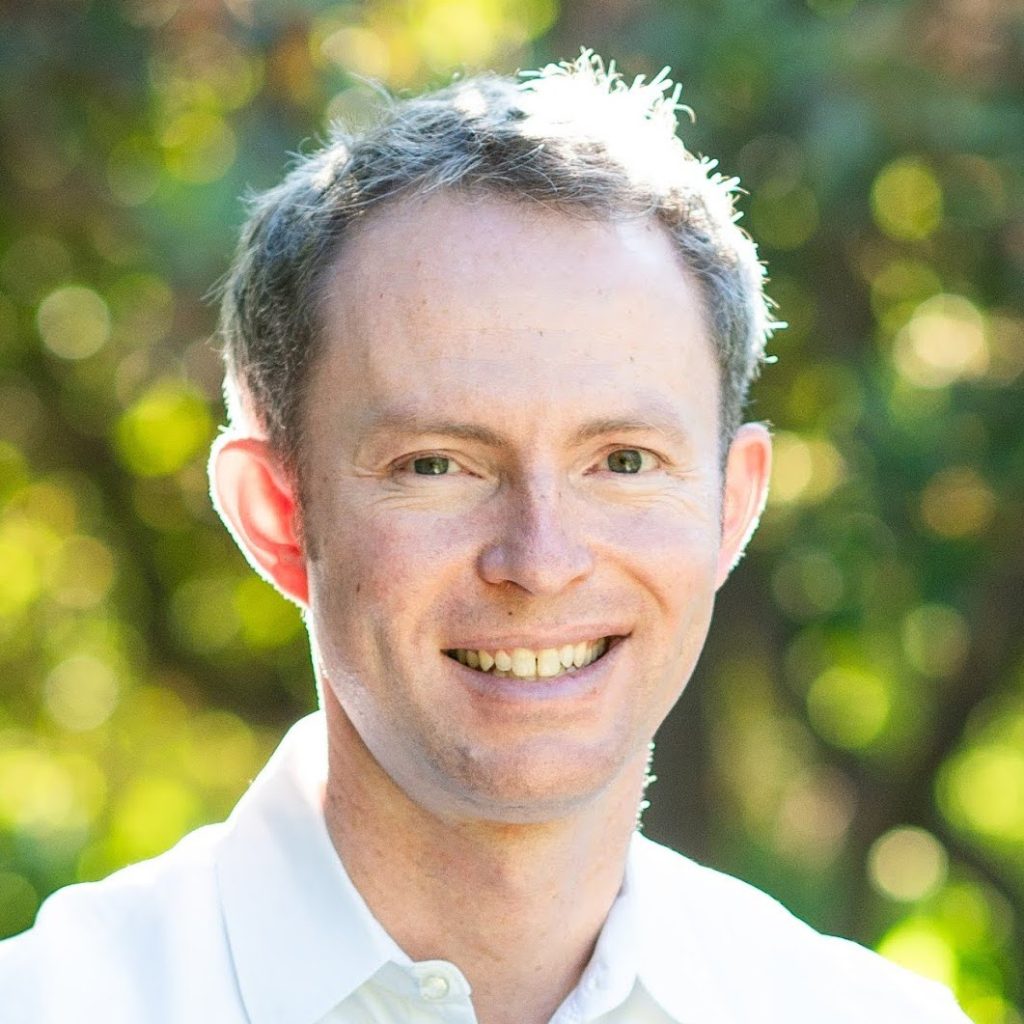
Brian Ferris
Originator of OneBusAway, GTFS community leader and Google Transit Engineer, Google
Session: Shaping the Future of Non-Motorized Mobility – How Transportation Data Tools Shape Discovery, Access, and Travel Experiences
Bio:
Brian Ferris has been working in the urban mobility space for almost two decades. He got his start writing transit apps in grad school, which led him to Google, where he’s been working on directions and navigation features on Google Maps ever since. These days, Brian is currently a Senior Staff Software Engineer leading urban mobility data ingestion efforts for Maps, while also serving on Google’s Geo Standards Program, promoting the use of geospatial data standards across Google Maps.
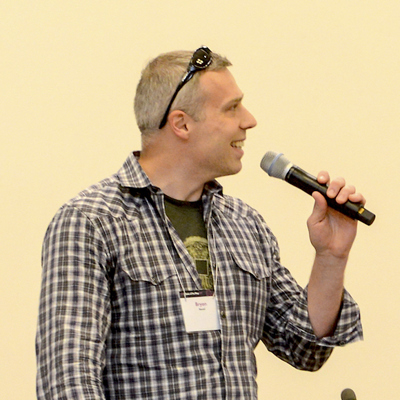
Bryan Housel
OpenSource contributor including iD Editor, Rapid Editor, and the OpenStreetMap tech stack
Session: Shaping the Future of Non-Motorized Mobility – How Transportation Data Tools Shape Discovery, Access, and Travel Experiences
Bio:
I build software and communities that help people everywhere contribute to OpenStreetMap. I’m most recently an engineer at Kaart working with the maps team at Meta on the Rapid editor. I’m also a maintainer of the Temaki icon set, OSM Community Index, Name Suggestion Index and a handful of other Open Source projects. I believe that software should put people first, be a joy to use, and empower users to improve their world and build great things.
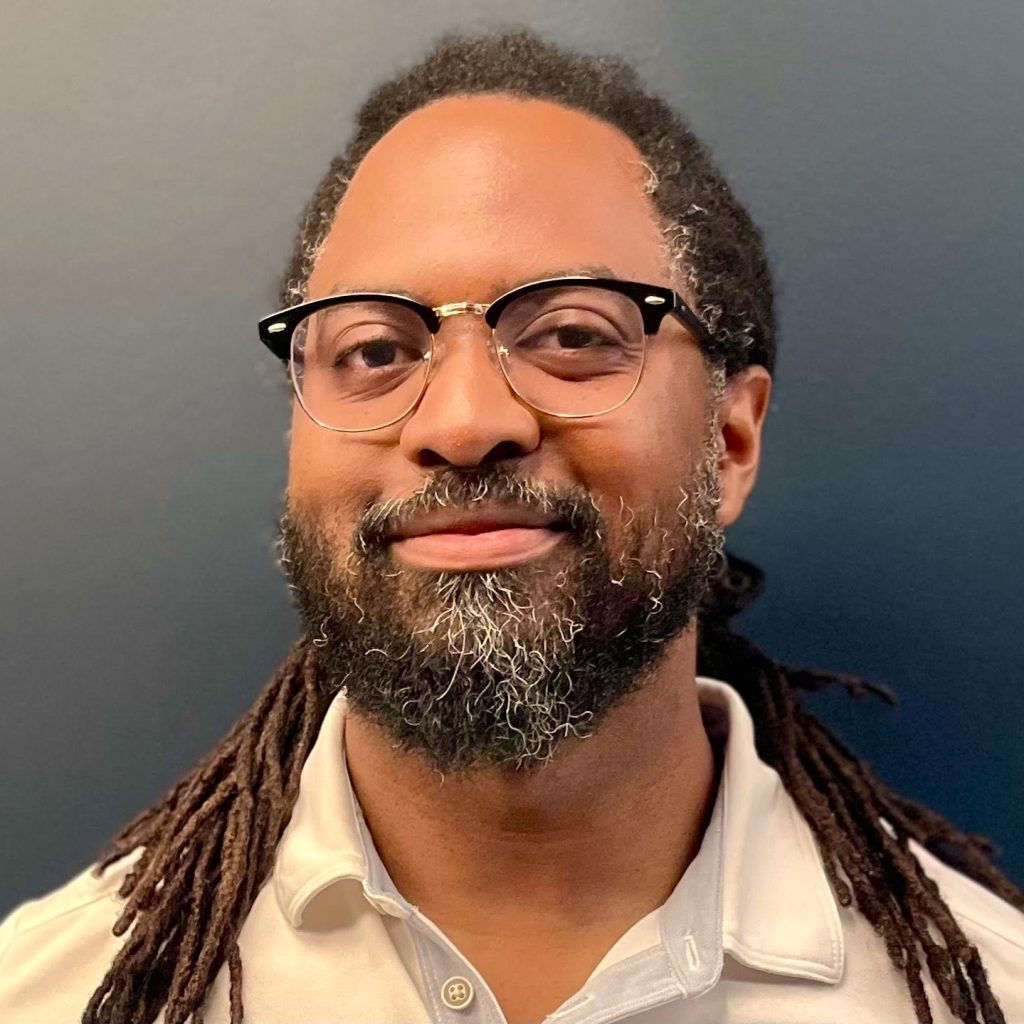
Cameron Steinback
Climate Justice Program Manager at Front and Centered
Session: Policy and Funding for Complete Streets Initiatives: Combining Data and Community Outreach
Bio:
Cameron Steinback is a visionary educator and systems thinker who leverages community knowledge, lived experience, and agency for a just transition into an equitable future. Cameron brings expertise and skills from a diverse career in education focusing on connecting communities to conservation and climate action. Having joined Front and Centered in 2024, Cameron leads the Climate Justice Program, integrating issues and projects on Energy Justice, Transportation Justice, and Climate Resilience.
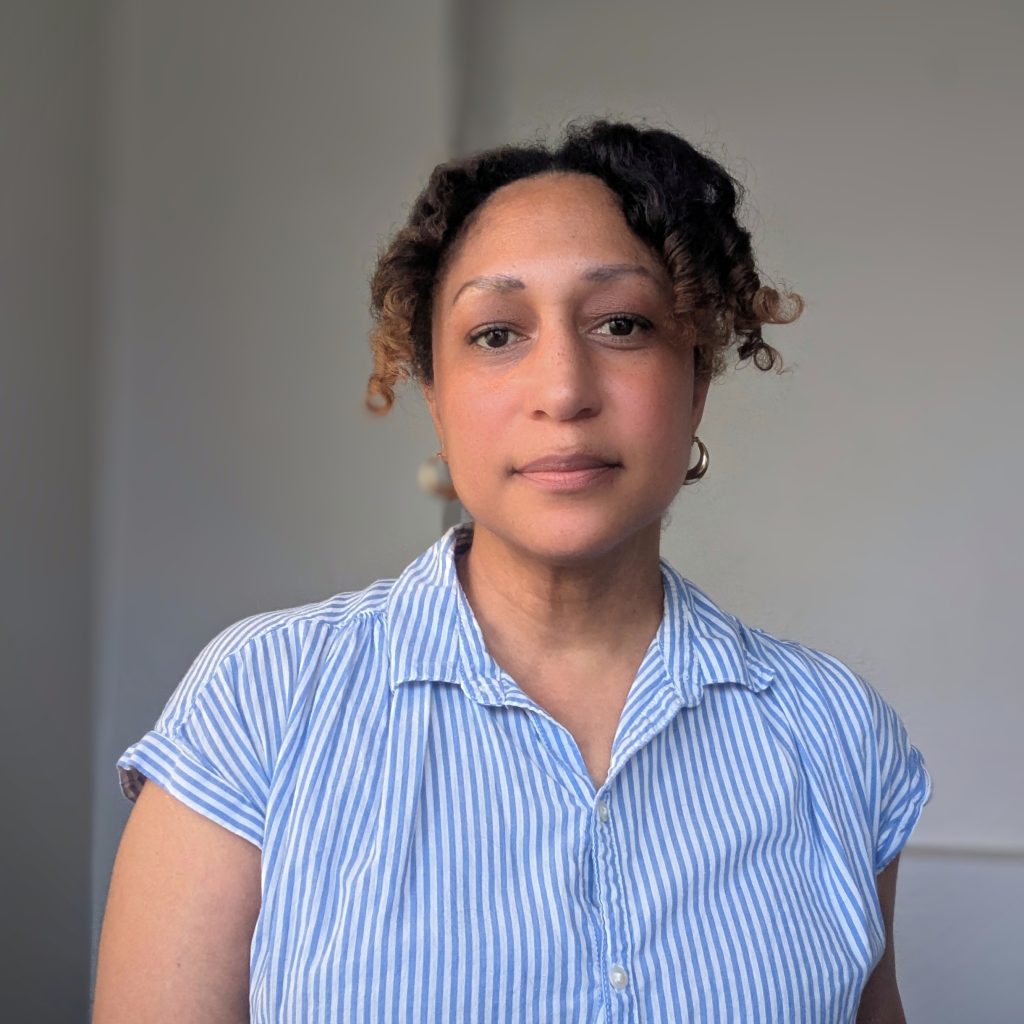
Clara Cheeves
Sandy Williams Connecting Communities Program at WSDOT
Session: Policy and Funding for Complete Streets Initiatives: Combining Data and Community Outreach
Bio:
Hello! My name is Clara Cheeves, and I manage the Sandy Williams Connecting Communities Grant program at the Washington State Department of Transportation (WSDOT). I work in equitable design and planning for community resilience: Co-creating with community members to generate policies and plans to support a more harmonious relationship between the built environment, public health, and our changing climate. As a planner and urban designer, I have worked on community-centered projects at various scales in housing, community development, and transportation. I graduated from the University of Washington with a Master’s in Urban Design and Planning and a certificate in Urban Design.
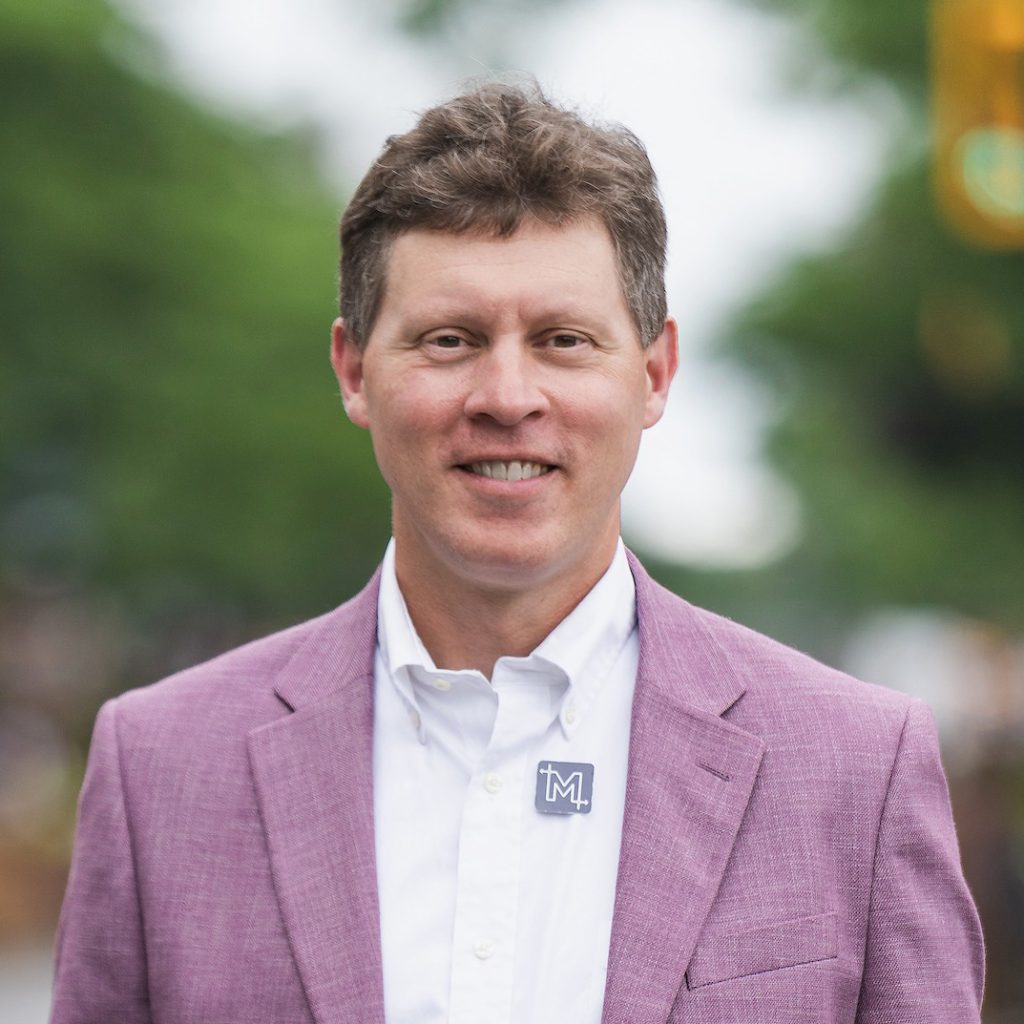
Eric Plosky
Executive Director, MobilityData
Session: Shaping the Future of Non-Motorized Mobility – How Transportation Data Tools Shape Discovery, Access, and Travel Experiences
Bio:
Eric Plosky leads MobilityData, the international nonprofit organization dedicated to “better transportation through data” by developing data standards, including the General Transit Feed Specification and the General Bikeshare Feed Specification, that enable access to safe, reliable, sustainable, empowering transportation options. Eric also teaches a Harvard course, “Transportation and Sustainability,” and just taught a new course, “Transportation Data and Applications,” at MIT, where he earned undergraduate and master’s degrees in planning. He previously worked for nearly 24 years at the U.S. DOT Volpe Center, including 12 years as the chief of transportation planning.
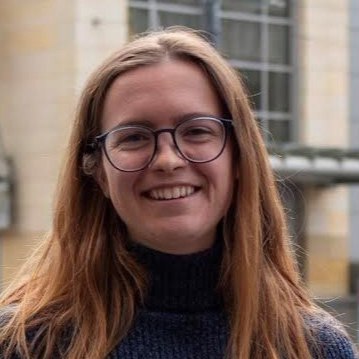
Grace Young
Active Transportation GIS and Data Specialist, WSDOT
Sessions:
- A Collaborative, Data-Driven Approach to Barrier-Free Non-Motorized Transportation
- Policy and Funding for Complete Streets Initiatives: Combining Data and Community Outreach
Bio:
Grace has been a practitioner in the active transportation industry for over four years, including both private and public sector. She currently works with the Active Transportation Division at the Washington State Department of Transportation, managing statewide active transportation data collection, stewardship and analysis, supporting grant programming, and serving the Complete Streets statewide implementation team. In her previous role, she worked for three years in the private sector as a civic data analyst with focuses on demand, safety, and connectivity analyses. Grace has a Masters of Urban Planning from the University of Washington and lives car-free in Seattle with her bike (Quesito).
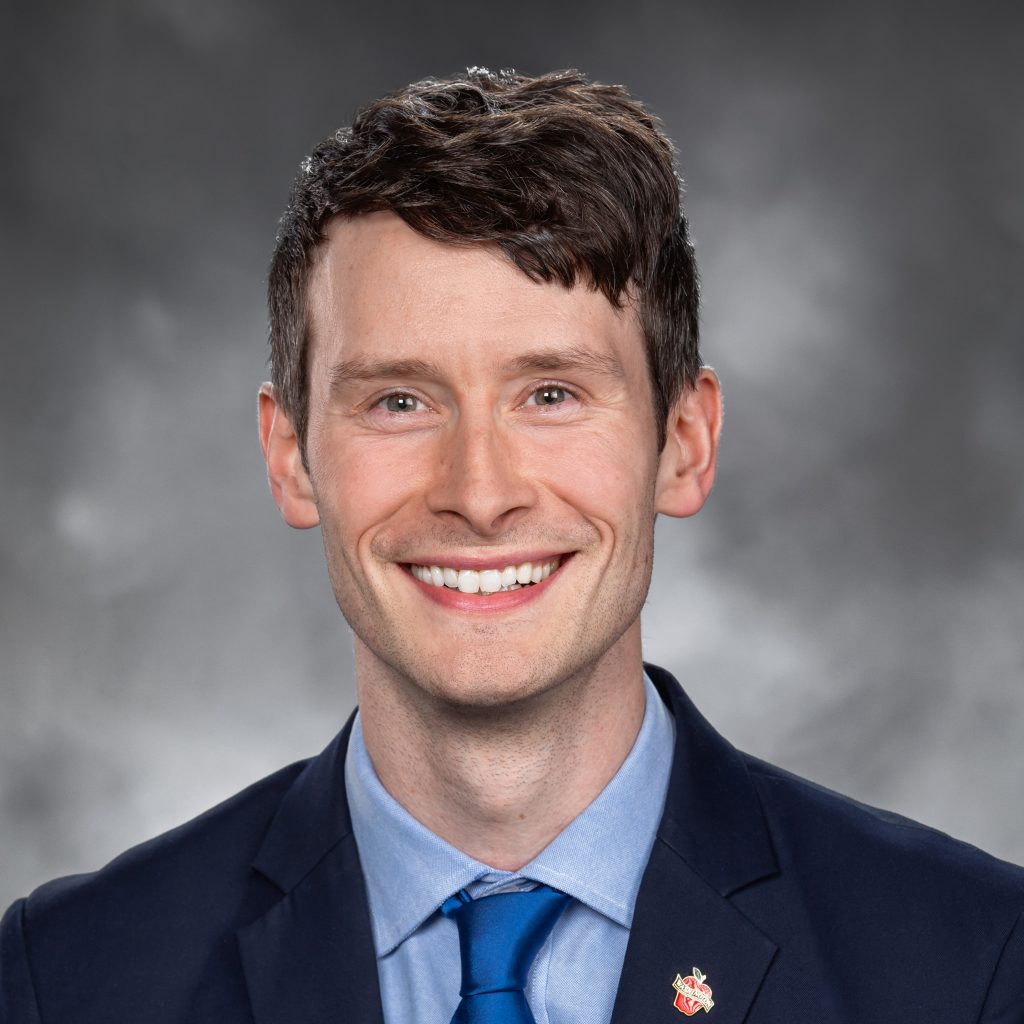
Rep. Greg Nance
State Representative for District 23
Session: Policy & Funding Partnerships
Bio:
Greg Nance proudly represents Kitsap as State Rep for Washington’s 23rd Legislative District. The son of a social worker and public defender, Greg learned the value of hard work growing up in a strong union household.
Greg grew up in Kitsap and is committed to delivering for neighbors across the peninsula. A lifelong ferry rider, Greg is on a mission to fix our ferries. He is also working to strengthen our schools, expand affordable childcare and reliable public transportation, bolster our healthcare workforce, fight fentanyl, and mobilize mental health.
He serves on the House Transportation, Agriculture & Natural Resources, and Postsecondary Education & Workforce Committees, and was recently elected Vice Chair of the Legislature’s Maritime Caucus.

Justin Deno
Program Manager, Passenger Facing Technology, Sound Transit
Session: Designing Inclusive Travel Tools – From Community Insights to Accessible UX
Bio:
Justin is the Program Manager of Passenger Facing Technology in Sound Transit’s Innovation group. The goal of the PFT Program is to improve the passenger experience by investing in innovative solutions that remove real or perceived barriers to ridership and improve the dependability of information provided to passengers so they can make informed decisions that suit their mobility needs.
Prior to Sound Transit Justin worked at Siemens Mobility and Bytemark, focusing on mobile fare collection solutions.

Kirk Hovenkotter
Executive Director, Transportation Choices Coalition
Session: Coalition Building to Amplify Our Work for the Greater Good
Bio:
Kirk leads Transportation Choices Coalition, Washington State’s non-profit advocate for fast, frequent, and reliable transit. Prior to Transportation Choices Coalition, Kirk served as Executive Director of Commute Seattle, the non-profit that makes walking, biking, and transit the first choice for everyone in the Emerald City.
Kirk previously served as the Executive Director of Move Redmond. While there, he led the organization’s work to make it easier to walk, bike, and bus for the 100,000 people who go to work or school in Redmond, Washington. During his six years at TransitCenter, he developed the organization into a nationally recognized leader in transit policy. He advised mayors, county executives, and transit agencies on effective approaches to bus network redesigns and fare policy. He has spoken about ridership trends and what makes transit useful in national outlets, including the Wall Street Journal, Wired, and Governing.
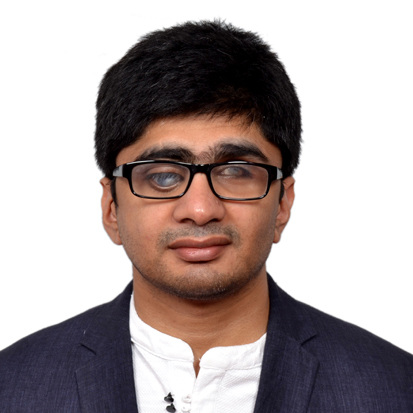
Kunal Mehta
UX Specialist, AccessMap Multimodal, Taskar Center
Session: Designing Inclusive Travel Tools – From Community Insights to Accessible UX
Bio:
Kunal Mehta (he/him) is a UX specialist at the Taskar Center for Accessible Technology. His current work focuses on designing nonvisual experiences for the AccessMap multimodal navigation tool and researching the tools transportation planners use. He earned his master’s degree in Human Centered Design and Engineering from the University of Washington in 2024. Outside of work, Kunal enjoys exploring different coffee blends, reading non-fiction, and keeping up with sporting events.
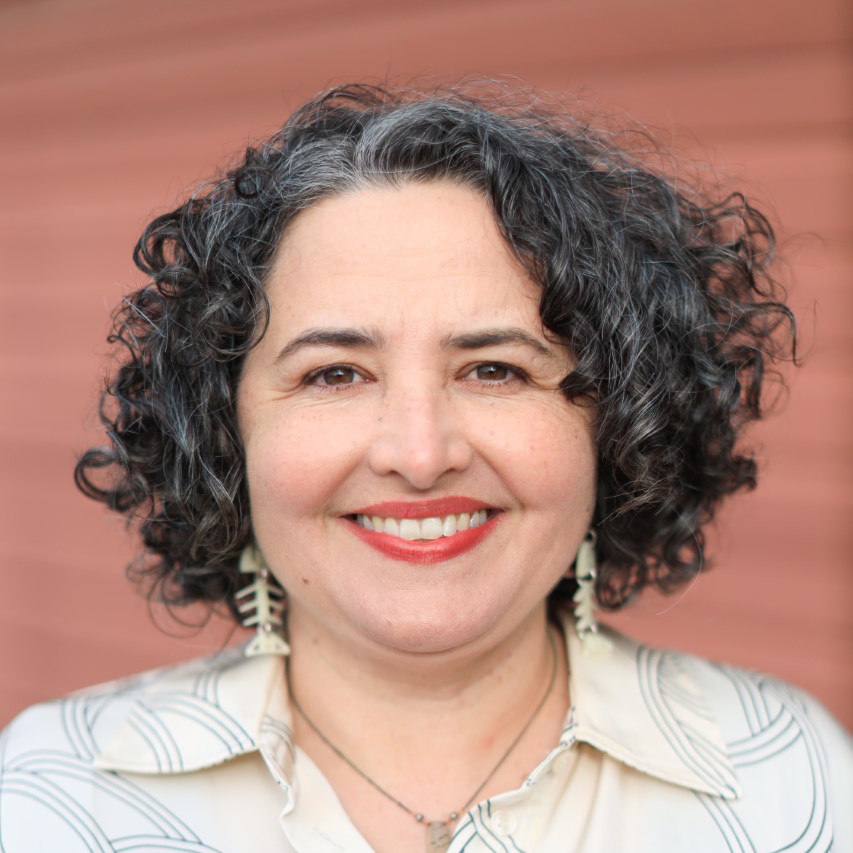
Laura Loe
Program Manager of Find a Ride at Hopelink
Session: Designing Inclusive Travel Tools – From Community Insights to Accessible UX
Bio:
Laura Loe (she/her) is the Program Manager at Hopelink for Find a Ride. Find a Ride is the name of Central Puget Sound’s regional One-Call/One-Click system. Find a Ride launched our new trip planner in March 2024. Learn more about the project’s roadmap, including future integration with AccessMap. The One-Call/One-Click project grew out of an inclusive planning process led by the King County Mobility Coalition, along with partners from Pierce and Snohomish counties. Laura’s background includes affordable housing advocacy, math and science education, FIRST LEGO League robotics coach, and experience as a King County Metro Bus Driver.
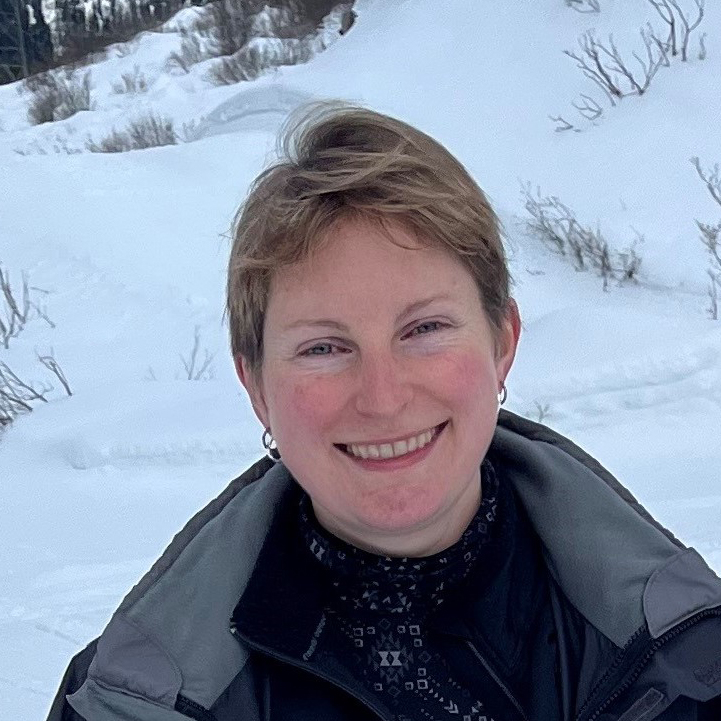
Mary DuBose
Roadside Asset Data Steward, WSDOT
Session: A Collaborative, Data-Driven Approach to Barrier-Free Non-Motorized Transportation
Bio:
Mary DuBose is a GIS professional working at the Washington State Department of Transportation as the Roadside Asset Data Steward, acting as the data manager for WSDOT’s roadside safety barriers and ADA features. Previously, she worked at the University of Memphis where she led several GIS projects from infrastructure asset management to field data collection. She completed undergraduate degrees in environmental science and anthropology from Rhodes College in Memphis and now seeks out any opportunity to learn new GIS and Python skills.
Mike May
Navigation Technology Advisor, American Printing House
Session:Last Mile Navigation
Bio: Coming Soon
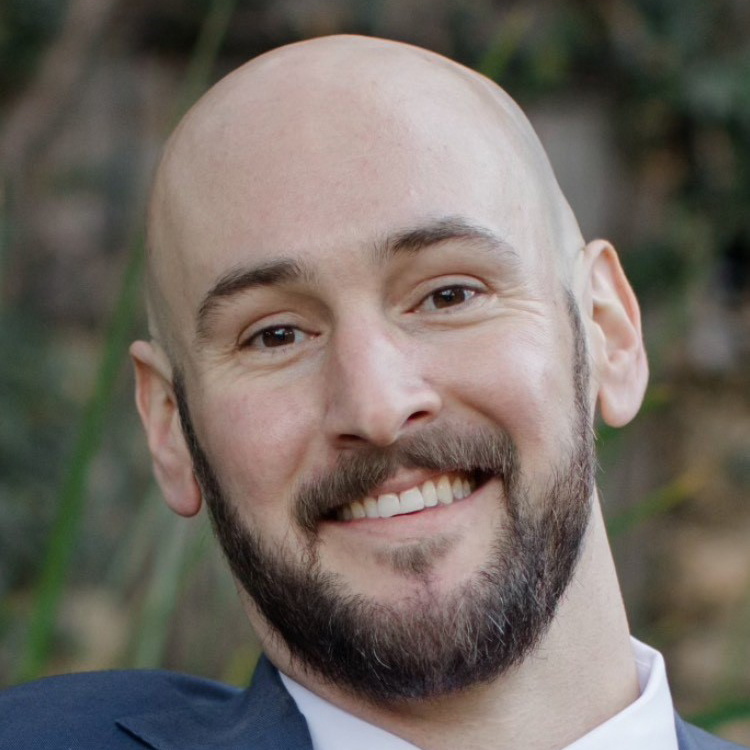
Nick Abel
Program Manager, Health Through Housing Mobility Program, King County Metro
Session: Policy and Funding for Complete Streets Initiatives: Combining Data and Community Outreach
Bio:
Nick Abel is a member of the Innovative Mobility team at King County Metro. He manages Metro’s contributions to Health Through Housing, a portfolio of 15 supportive housing sites throughout the county. Nick coordinates a suite of programs and services that improve access and mobility for individuals experiencing chronic homelessness by addressing financial, technical and accessibility barriers to fixed route and on-demand transportation options.
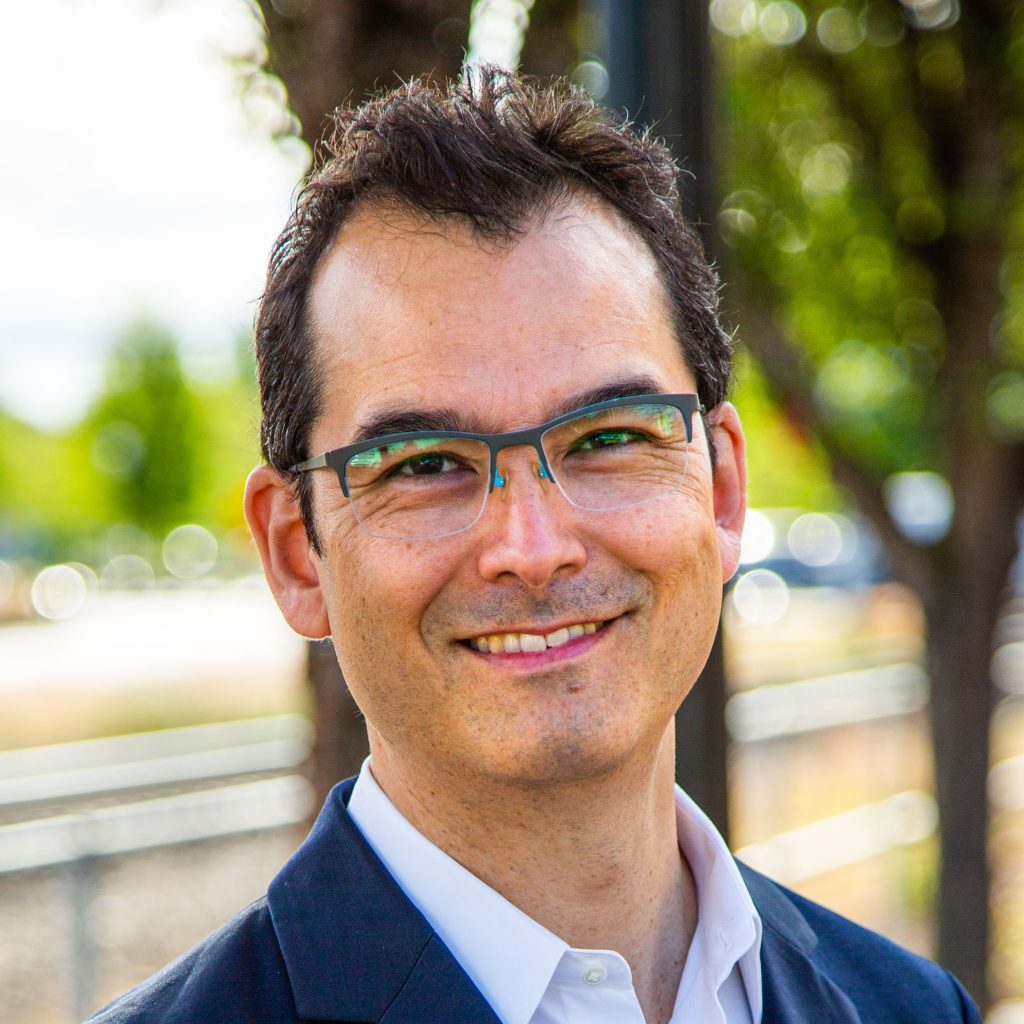
Paulo Nunes-Ueno
Principal Consultant, Nunes-Ueno Consulting
Session: Coalition Building to Amplify Our Work for the Greater Good
Bio:
Paulo Nunes-Ueno is a transportation policy expert passionate about making mobility equitable, sustainable, and user-focused. His recent projects include the Washington State Transit Access Map, highlighting disparities in transit access across demographics, and Open Sidewalks, an initiative harnessing AI to create accessible pedestrian routes, particularly benefiting disabled travelers. As Transportation Policy Lead at Front and Centered, Paulo played a key role in advocacy efforts that led to significant investments in transit and active transportation and the statewide sidewalk mapping initiative. Paulo is currently collaborating with mobility innovators globally to develop adaptable Mobility as a Service (MaaS) solutions. He lives in Philadelphia and continues working on projects that improve transportation outcomes for vulnerable populations.
Sam Yasen
Technical Applications Lead, Taskar Center for Accessible Technology
Session: Designing Inclusive Travel Tools – From Community Insights to Accessible UX
Bio:
Sam is a software engineer driven by a passion for accessibility and technology. Since 2023, he has been part of the Taskar Center for Accessible Technology at the University of Washington, contributing to projects such as AccessMap, OpenSidewalks, and the Walkshed Tool. Outside of work, Sam enjoys playing and watching soccer and tennis, as well as spending time in nature.
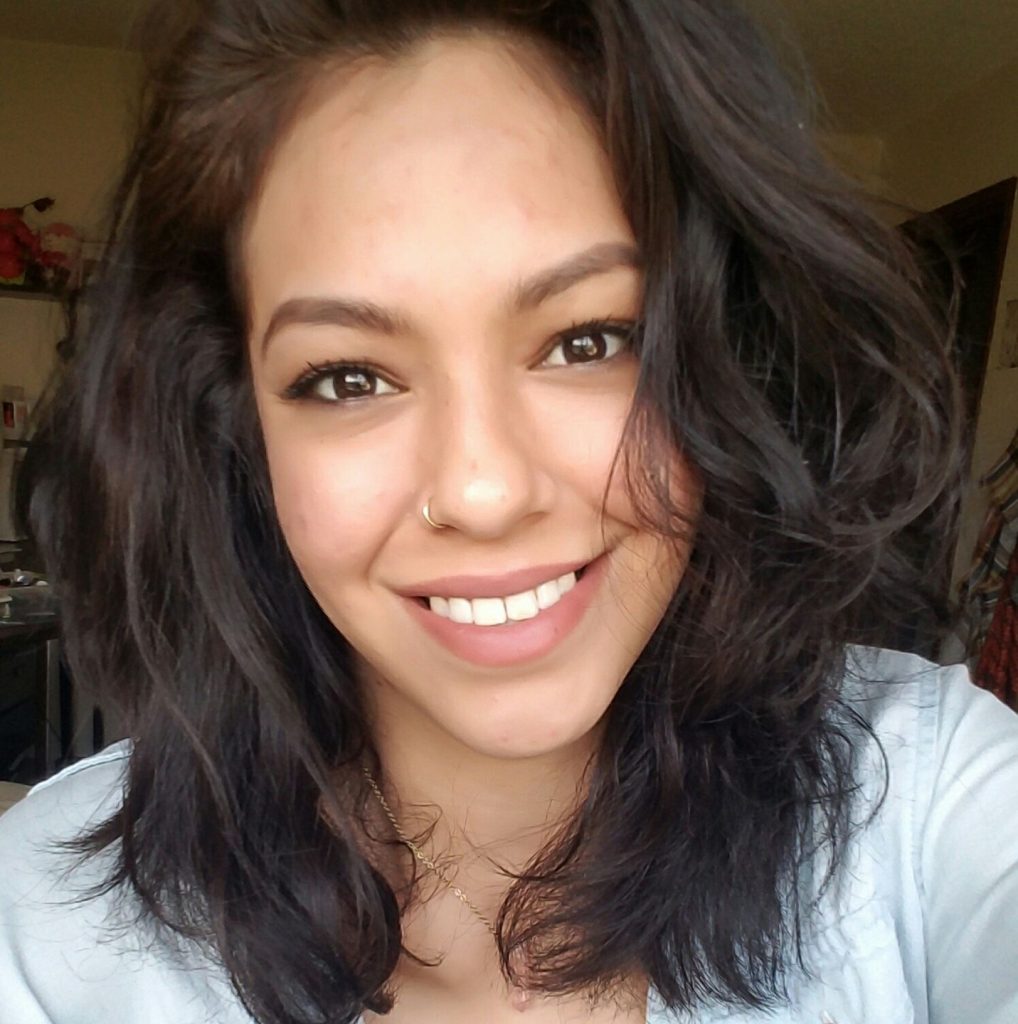
Tanisha Sepulveda
Research Aide, Taskar Center for Accessible Technology & Empower Movement WA
Session: A Collaborative, Data-Driven Approach to Barrier-Free Non-Motorized Transportation
Bio:
Tanisha Sepúlveda has a background in architectural engineering drafting and is a founding member of Empower Movement WA, a coalition of disabled BIPOC mobility advocates supported by the Taskar Center for Accessible Technology, Disability Rights WA and Front and Centered. As a power wheelchair user since 2010, Sepúlveda recognizes the lack of accessibility in the built environment and advocates for equitable access to transit and housing, with a focus on sidewalk repair and maintenance. She currently works as a research aide for the Taskar Center for Accessible Technology at the University of Washington, Seattle.
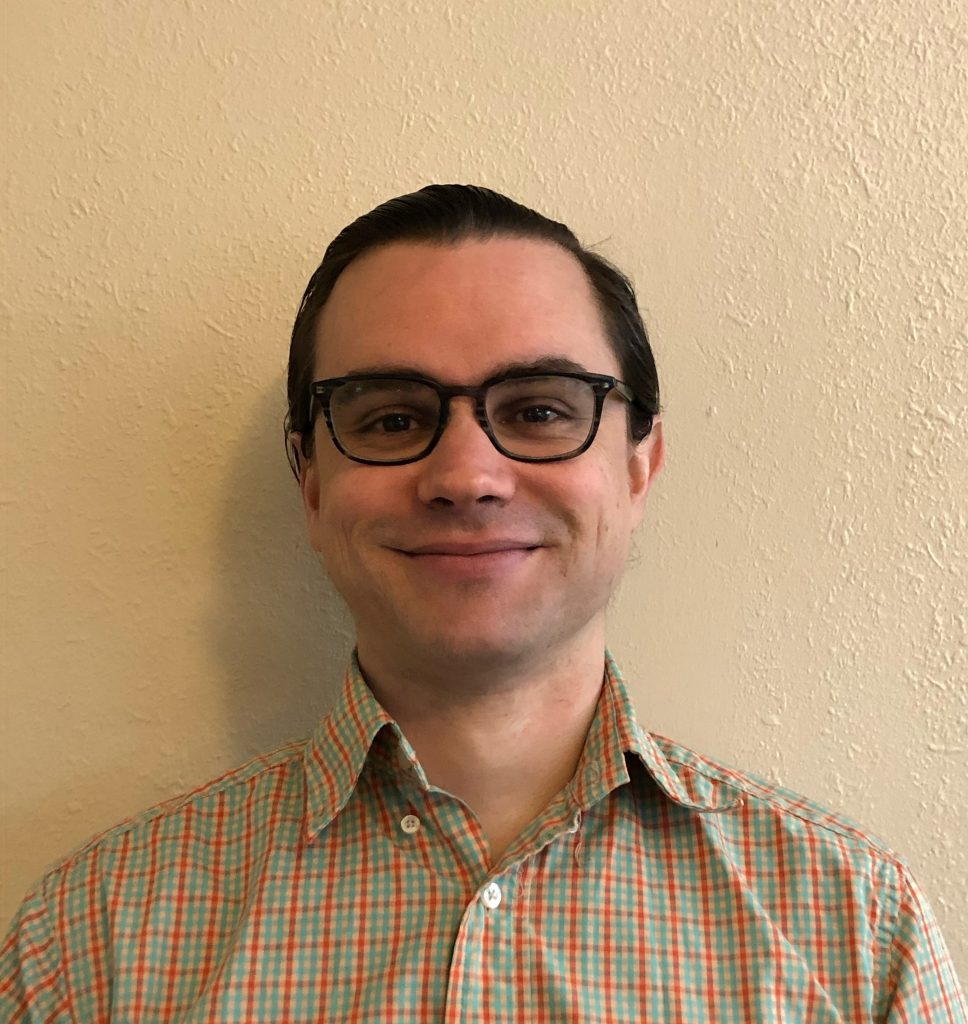
Thomas Craig
Transportation Planner, WSDOT
Session: A Collaborative, Data-Driven Approach to Barrier-Free Non-Motorized Transportation
Bio:
Thomas Craig (he/him) is a transportation planner at the Washington State Department of Transportation Public Transportation Division with 10 years of experience in public transit data and technology. Previously as the manager of a technology vendor and consultancy, Thomas oversaw statewide and regional data and customer information projects representing over 300 small and rural operators. Currently he manages data analysis for the statewide Public Transportation Plan.
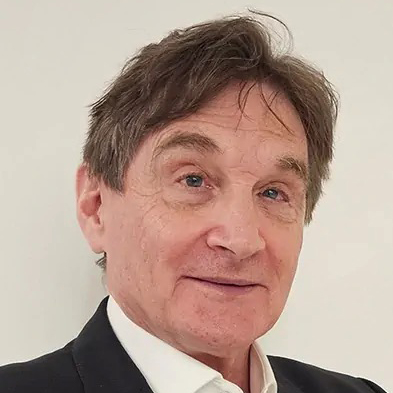
Tom Pey
CEO and Founder, Waymap Ltd
Session: Designing Inclusive Travel Tools – From Community Insights to Accessible UX
Bio:
Dr. Tom Pey is a pioneering advocate and entrepreneur with a vision to revolutionize how people navigate complex urban spaces. After a successful career in international investment banking, he lost his sight at the age of 39. This transformative experience led him to shift focus toward the non-profit sector, where he served as Group CEO of the Royal Society for Blind Children and as a Director at Guide Dogs.
In 2017, Dr. Pey founded Waymap, a groundbreaking navigation company delivering highly accurate, step-by-step guidance indoors, outdoors, and underground without relying on GPS or other signal sources. His innovative approach addresses key accessibility challenges and has positioned him as a global leader in smart city navigation and accessible technology.
Drawing on his lived experience, leadership skills, and research expertise, Dr. Pey continues to champion inclusive solutions that support greater confidence and independence for all.

